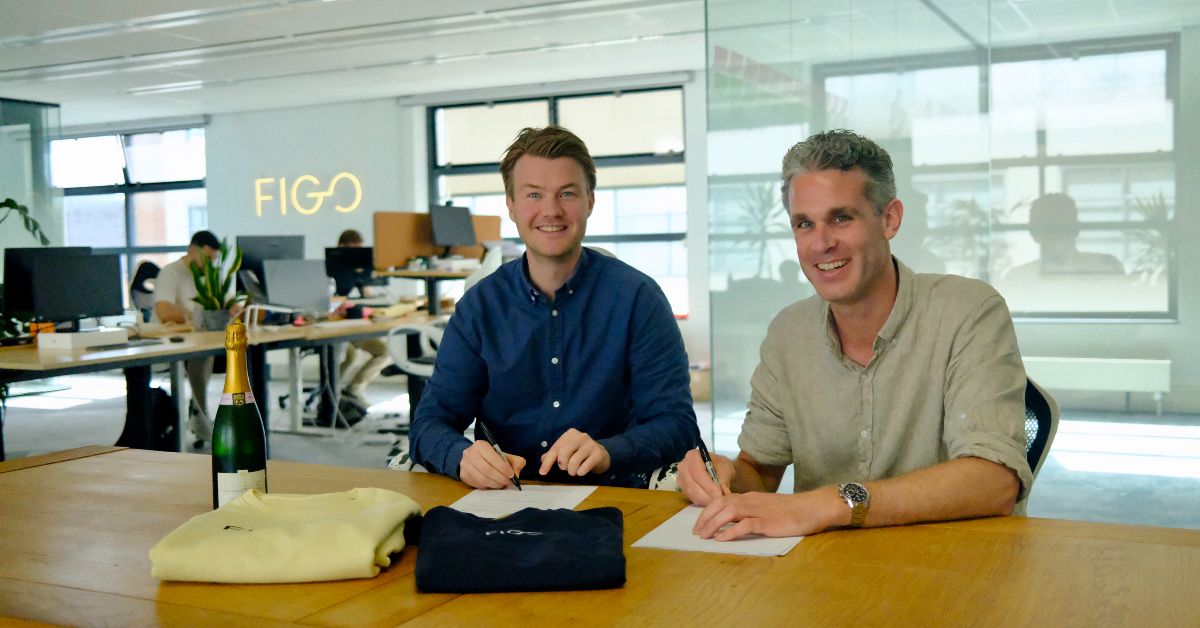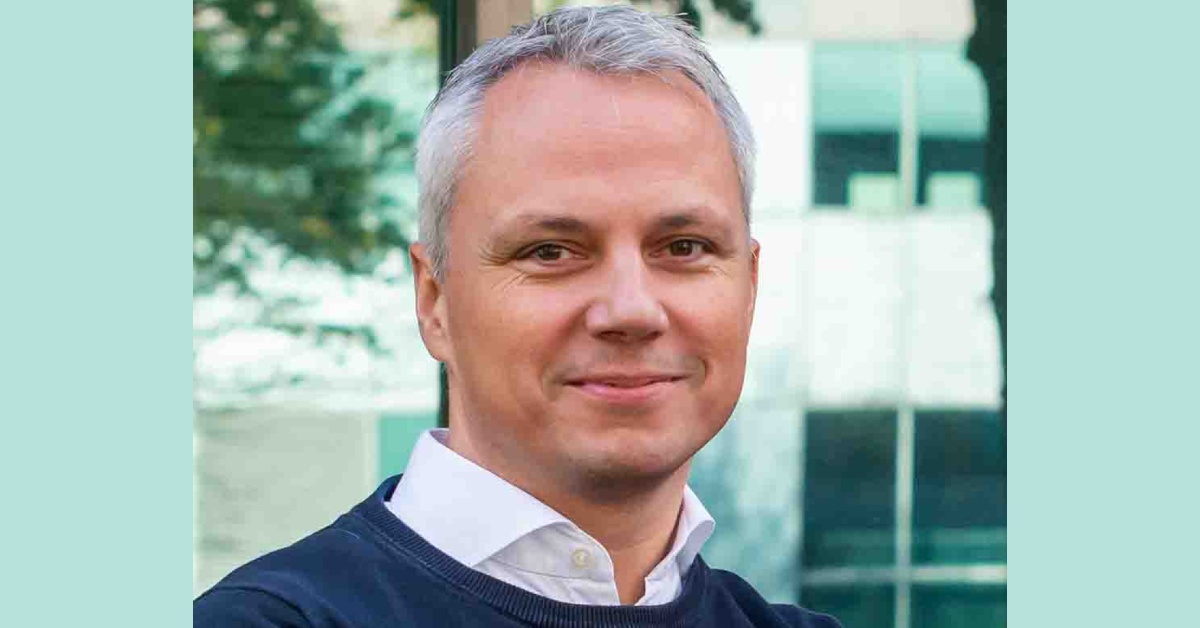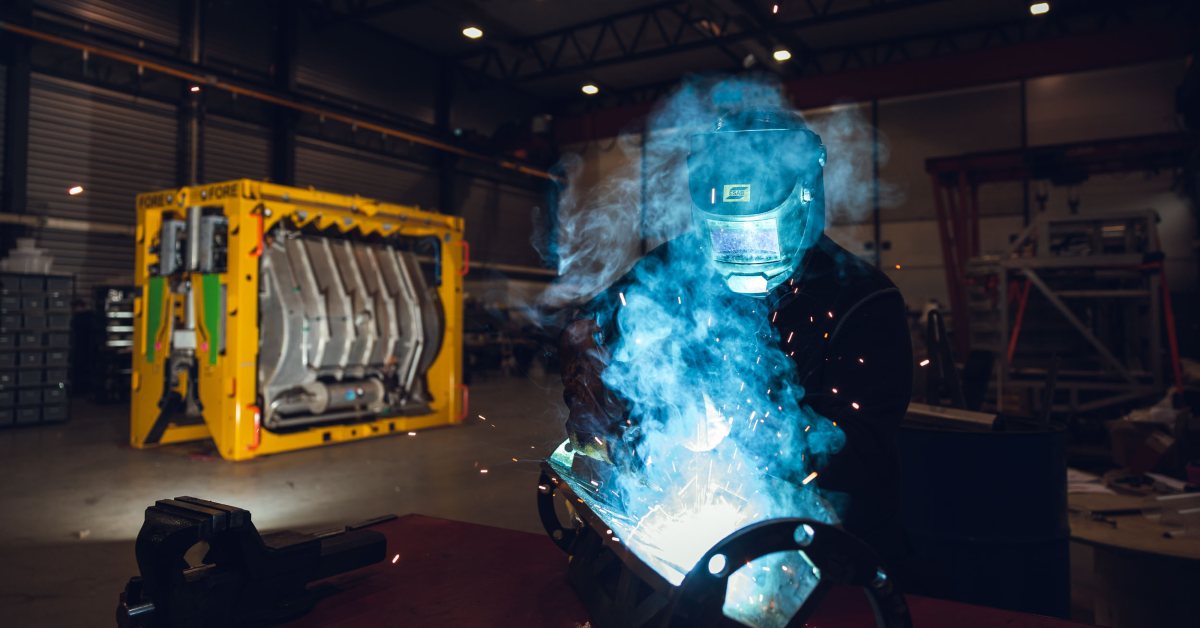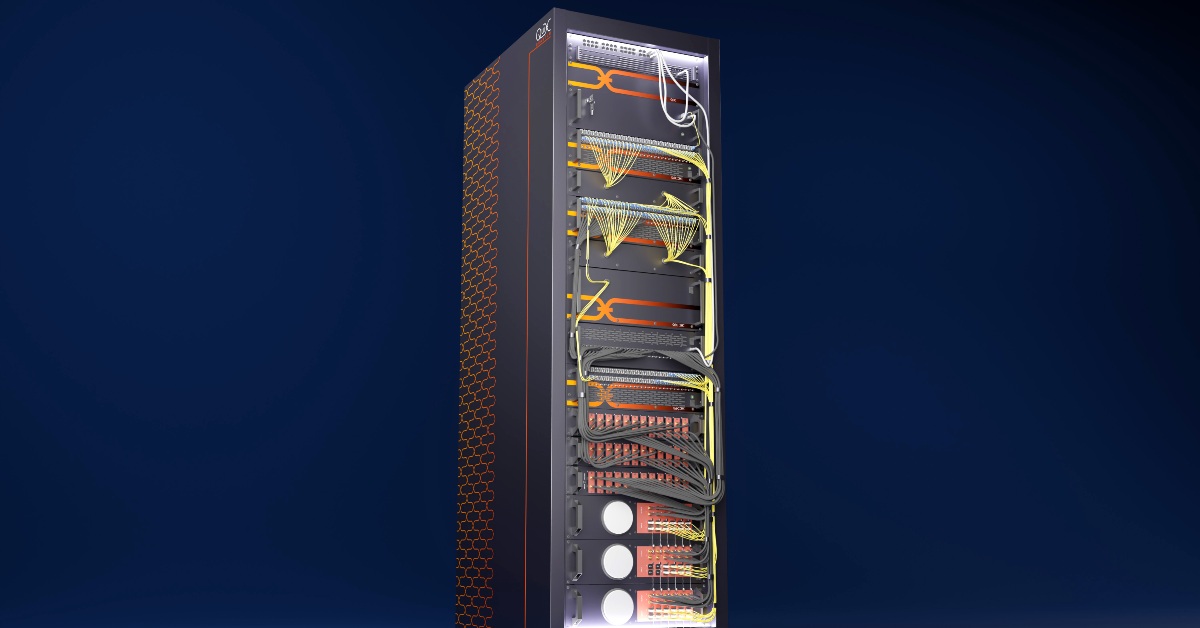Munich-based planqc, a quantum computing startup, announced on Friday, May 5 that it has been chosen by the German Aerospace Center (DLR) for an ambitious project to develop a scalable hardware and software platform for digital neutral-atom-based quantum computing.
The project, valued at €29M, marks the first sale of a digital quantum computer based on neutral atoms in Europe.
The initiative intends to showcase the potential of quantum algorithms in solving real-world problems.
planqc has joined forces with Menlo Systems and ParityQC, who will contribute crucial components to the laser systems, software, and architecture.
The startup’s foundation is rooted in the research and technological advancements conducted at the renowned Max Planck Institute of Quantum Optics (MPQ) in Munich.
“We are very proud that DLR relies on planqc as the technology leader in the field of neutral atoms to build a quantum computer. This order is an important milestone in our commercialisation and growth strategy, which envisages expanding into other key industries and opening up global markets as a next step,” says Alexander Glätzle, CEO and Co-Founder of planqc.
Munich Quantum Valley
Alexander Glätzle, Sebastian Blatt, Johannes Zeiher, Lukas Reichsöllner, Ann-Kristin Achleitner, and Markus Wagner founded planqc in 2022 as the first startup from Munich Quantum Valley.
The Munich Quantum Valley (MQV) is an association of the Bavarian Academy of Sciences and Humanities (BAdW), the German Aerospace Center (DLR), the Fraunhofer Society (FhG), the Friedrich-Alexander-University Erlangen Nürnberg (FAU), the Max Planck Society (MPG), the Ludwig-Maximilians-Universität München (LMU), and the Technical University of Munich (TUM).
The initiative promotes quantum science and quantum technologies in Bavaria with the primary goal of developing and operating competitive quantum computers.
It connects research, industry, funders, and the public. Munich Quantum Valley promotes an efficient knowledge transfer from research to industry, establishes a network with international reach, and provides educational offers for schools, universities, and companies.
planqc: What you need to know
planqc has developed a groundbreaking approach to storing and processing quantum information.
Utilising individual atoms as nature’s most reliable qubits, planqc’s quantum computers demonstrate the potential for highly scalable arrays of these qubits, which can be manipulated with exceptional precision using controlled laser pulses.
“In order for the neutral atoms to become qubits, they must first be trapped and confined in a vacuum by laser beams,” says Dr. Robert Axmann, Head of the DLR Quantum Computing Initiative (QCI).
This unique combination of quantum technologies enables planqc to achieve rapid scalability, making it possible to expand to thousands of qubits—an essential requirement for achieving quantum advantage that is relevant to various industries.
“To have two qubits interact with each other, the atoms are excited into so-called Rydberg states. Without an interaction or entanglement between qubits, quantum computers do not work,” explains Robert Axmann.
As a result, planqc has been entrusted with the responsibility of constructing and implementing a quantum processor that utilises ultracold atoms in optical lattices at the DLR Innovation Center in Ulm, Germany.
The proposed system will possess scalability and will be seamlessly integrated into the DLR Quantum Computing Initiative (DLR QCI)’s quantum computing stack.
“We are not only excited to install the first quantum computer based on neutral atoms at DLR, but we also want to collaborate closely with DLR experts to run quantum algorithms on it that will have a real impact on DLR’s many fields of application,” adds Sebastian Blatt, CTO and Co-Founder of planqc.










01
From telecom veteran to Dutch Startup Visa success: The Jignesh Dave story